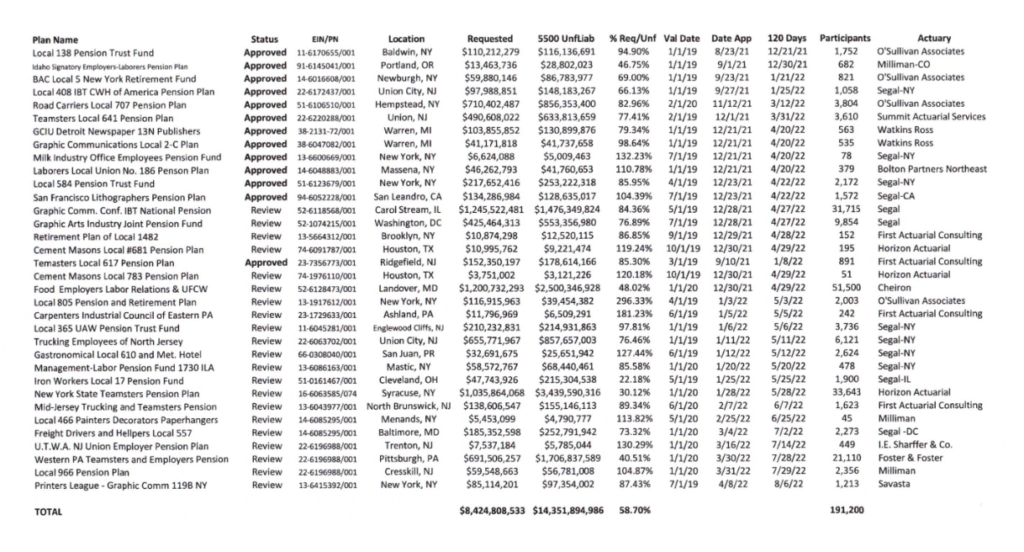Link: https://allenfarrington.medium.com/i-finance-the-current-thing-7ea204230315
Excerpt:
Passive investing is most often celebrated as a marvel of risk/reward packaging for the retail investor, who surely doesn’t have the time or energy to do the job of a professional capital allocator. It’s a fair assumption that they have their own job doing something productive in the real economy. Is this arrangement worth sacrificing? Would sacrificing it be ESG-friendly? Yes, absolutely it would, but we will return to this further down.
Passive investing relies on the notion of an index, or, a numerical weighting of every publicly listed company in a given geography, above a certain size, etc. which is determined by relative size and expressed as a percentage of the whole. If the value of all shares outstanding multiplied by their current market price (or, “market capitalization”) of Company A is 1% of the total of all the companies in an index, then it makes up 1% of that index, and its shares are 1% of those held by a passive investment instrument.
The existence of indices is the bane of the lived experience of investment professionals who take Schumpeter a little more seriously and do not allocate by algorithm but by analysis of business fundamentals. “Performance” is measured relative to an index, on the understandable but perverse realization that index investing, which relies only on an algorithm, is much cheaper for the client. If your non-passive (or “active”) manager returned you 50%, you might think that is fantastic, but if the index went up 60% then you paid for nothing. In fact, technically they underperformed by 10%. No performance fees — even on 50%! — and probably also fired.
….
When SEC Commissioner Hester Peirce voiced the lone dissent against the inclusion of “climate risks” in company prospectuses recently, her argument was basically my own above: these are risks. Although the concept is incredibly technically involved, real investors know how to deal with risks and do not need to be condescended to about which deserve their attention more than others. “We are not the securities and environment commission,” Peirce warned, adding, “at least not yet.” Quite right. I would hope not ever if the rule of law is to be taken seriously, and exactly this kind of regulatory capture via backdoor-compliance enforcement of virtue signaling is to stop.
But could we probe deeper still? ESG is an attack vector, but what is the attack surface? Without intending to be flippant, I think it is centralization. Capital markets are centralized institutions and they are being attacked. So far, so bleak. Can we do anything about it? And what was that Thiel talk actually about, again?
Author(s): Allen Farrington
Publication Date: 21 April 2022
Publication Site: Medium






